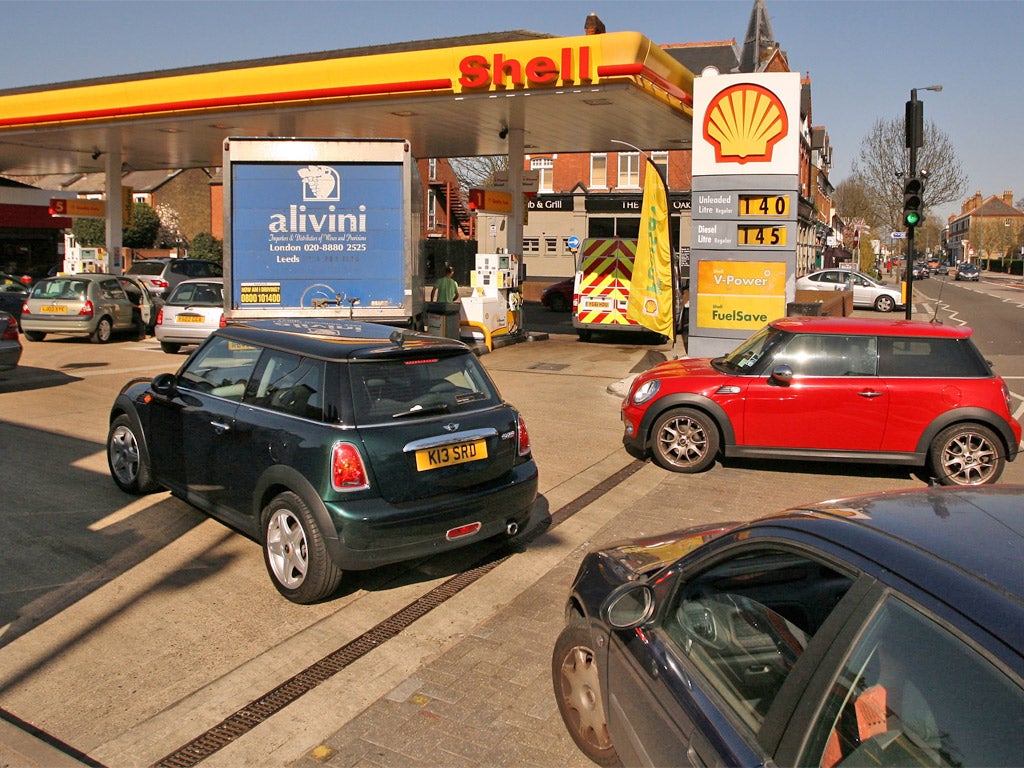Mark Carney off the hook as inflation rise is less than expected
Experts say June figure will represent peak and is likely to fall back to 2 per cent target by end of year

Your support helps us to tell the story
From reproductive rights to climate change to Big Tech, The Independent is on the ground when the story is developing. Whether it's investigating the financials of Elon Musk's pro-Trump PAC or producing our latest documentary, 'The A Word', which shines a light on the American women fighting for reproductive rights, we know how important it is to parse out the facts from the messaging.
At such a critical moment in US history, we need reporters on the ground. Your donation allows us to keep sending journalists to speak to both sides of the story.
The Independent is trusted by Americans across the entire political spectrum. And unlike many other quality news outlets, we choose not to lock Americans out of our reporting and analysis with paywalls. We believe quality journalism should be available to everyone, paid for by those who can afford it.
Your support makes all the difference.Bank of England Governor Mark Carney today avoided an embarrassing letter to explain away soaring prices just weeks into his new job after a smaller-than-feared rise in the cost of living during June.
The Consumer Prices Index rose further above the Bank’s 2% target last month, increasing from 2.7% to 2.9% as higher petrol costs contrasted with steep falls a year earlier, and clothing stores cut prices less sharply than last year.
Inflation remains at a 14-month high, but is still below the 3.1% level at which the Governor is forced to write an open letter to the Chancellor to explain the rise. The increase was lower than City economists had expected, sending the pound down towards $1.50 against the dollar and edging gilt prices higher as traders bet that Carney has more room to fire up the economy with additional money-printing. He is also expected to introduce guidance on interest rates in August.
Berenberg chief economist Rob Wood said: “Presentationally, the surprise today is more important. With no letter required, it makes it marginally easier to introduce more formal forward guidance at the next policy meeting.”
The Office for National Statistics’ figures showed petrol prices up 1p a litre to £1.34 in June, against a 4.3p fall a year earlier. Retailers last year slashed prices by a record 4.2% amid panic over wet weather, but last month discounts were a shallower 1.9%.
However, the cost of living is still more than double the average rise in UK wages, delivering a real-terms pay cut for millions. Oil prices have pushed higher amid Egyptian turmoil, and the pound has also lost ground against the dollar, pushing up input costs and factory gate prices for manufacturers.
Moody’s Analytics’ Melanie Bowler said: “Households are particularly sensitive to rising petrol prices, which could follow the recent rise in Brent crude. Further depreciation of the pound also risks importing higher prices, as dollar-denominated commodities become more expensive.”
Carney’s better run of economic news looks likely to continue next week with the British economy on course for growth of around 0.6% between April and June.
Join our commenting forum
Join thought-provoking conversations, follow other Independent readers and see their replies
Comments